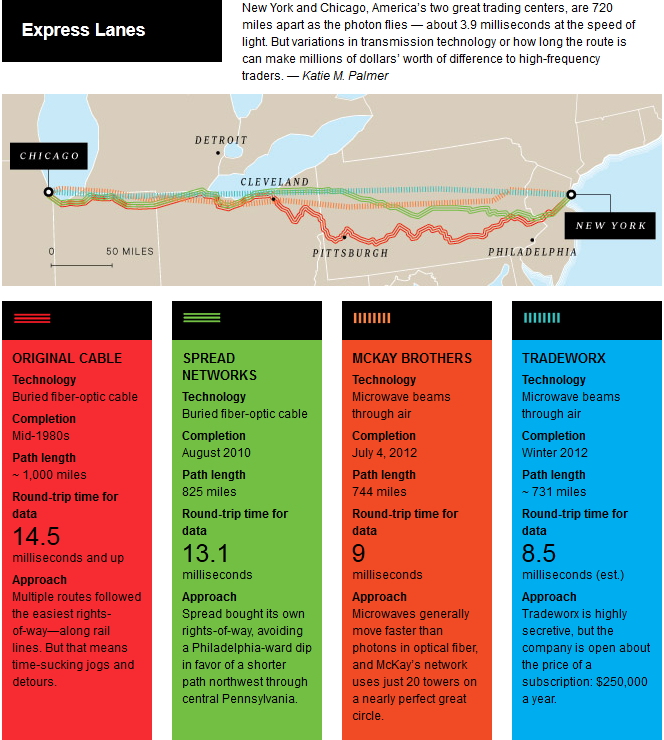"
Yesterday, I
strongly insinuated that easy monetary policy enriches the financial sector at
the expense of the wider society. I realise that I need to illustrate this more
fully than just to say that when the central bank engages in monetary policy,
the financial sector gets the new money first and so receives an
ex
nihilo transfer of purchasing power (
the Cantillon
Effect).
The first inkling I had that this could be the case was looking at the
effects of quantitative easing (monetary base expansion) on equities (S&P500
Index), corporate profits and employment.

While quantitative easing has dramatically reinflated corporate profits, and
equities, it has not had a similar effect on employment (
nor wages).
However there are lots other factors involved (
including government
layoffs), and employment (and wages) is much stickier than either corporate
profits or equities. It will be hard to fully assess the effects of quantitative
easing on employment outcomes without more hindsight (but the last four years
does not look good).
What is clear, though is that following QE, financial sector profits have
rebounded spectacularly toward the pre-2008 peak, while nonfinancial sector
profits have not:

Yet it is not true that in recent years the growth of financial profits or
financial assets has been preceded by growth in the monetary base; the peak for
financial profits occurred before QE even began. In fact, the growth in the
monetary base from 2008 reflects a catching-up relative to the huge growth seen
in credit since the end of Bretton Woods. During the post-Bretton Woods era,
growth of financial assets in the financial sector has significantly outpaced
growth of financial assets in the nonfinancial sector, and growth of household
financial assets:
 This disparity has not been driven by
growth in the monetary base, which lagged behind until 2008.
Instead it has been driven by other forms of money supply growth,
specifically credit growth.
This disparity has not been driven by
growth in the monetary base, which lagged behind until 2008.
Instead it has been driven by other forms of money supply growth,
specifically credit growth.
This is the relationship between financial sector asset growth, and growth of
the money supply:

And growth of the money supply inversely correlates with changes in the
Federal Funds rate; in other words, as interest rates have been lowered credit
creation has spiked, and vice verse:

The extent to which M2 was driven by the Federal Funds rate (or vice verse)
is not really relevant; the point is that the Fed’s chosen transmission
mechanism is inherently favourable to the financial sector.
The easing of credit conditions (
in other words, the enhancement of
banks’ ability to create credit and thus enhance their own purchasing
power) following the breakdown of Bretton Woods — as opposed to
monetary base expansion — seems to have driven the growth in credit and
financialisation. It has not (at least previous to 2008) been a case of central
banks printing money and handing it to the financial sector;
it has
been a case of the financial sector being set free from credit
constraints..."
at http://www.zerohedge.com/news/guest-post-does-easy-monetary-policy-enrich-financial-sector










